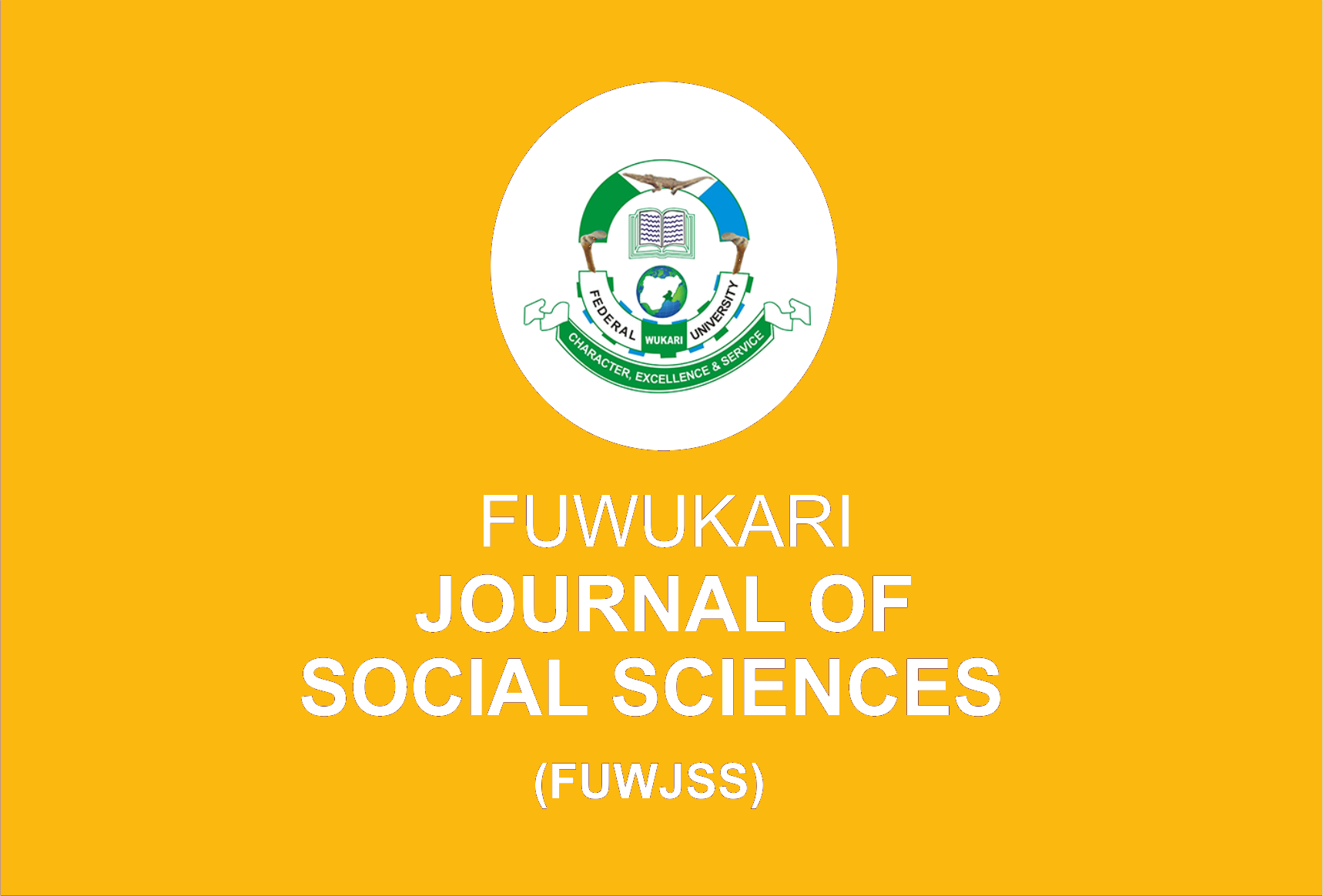Interpersonal Communication As A Strategy For Mobilizing Against Illicit Drug Use Among University Students In South-South Nigeria
J.N. Odedede
Keywords: Interpersonal communication; illegal drug; tertiary institutions, undergraduates
Abstract
This study examines the impact of interpersonal communication in combating illegal drug use among students in tertiary institutions
(University of Benin, University of Calabar, Delta State University, Niger Delta University, University of Oyo and University of Port Harcourt) in south-south Nigeria. The rise of drug use among youths particularly in academic environment is alarming. The descriptive cross-sectional survey design was adopted for the study.
Questionnaire containing a four – point Likert scale ‘Strongly Agree, (4), Agree (3), Disagree (2), ‘Strongly Disagree (1) question was used as instrument for data collection. Taro Ymane formula of sample size determination was employed to select a sample size of 395 from the total population of 35000 students. The statistical analysis was done using percentage rating, mean rating and standard deviation. The
study’s results revealed that interpersonal communication plays an
influential role in combating illegal drug use among undergraduate
students in tertiary institutions of south-south Nigeria. The study
concludes that open, consistent and empathetic interpersonal communication can reduce the likelihood of drug use among students
in tertiary institutions. The study recommends that parents should
maintain positive interpersonal communication with their children, as this helps to tighten parent-to-child bond.
Author Biography
J.N. Odedede
Department of Mass Communication, Faculty of Communication and Media Studies, Delta State University, Abraka, Nigeria
Email:[email protected]

